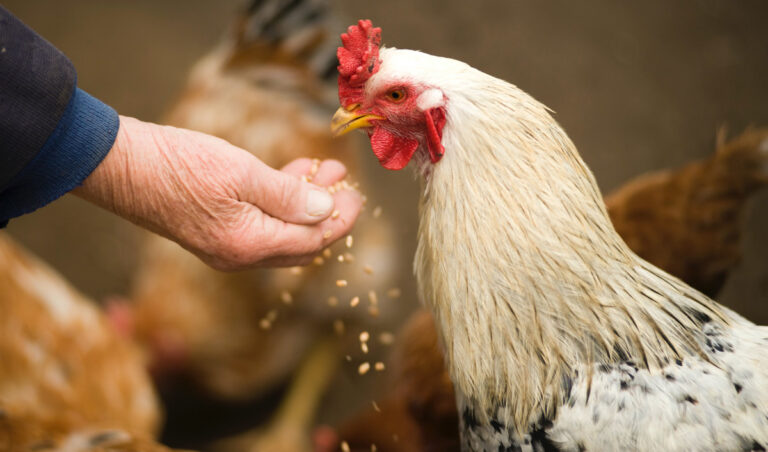‘GanjaChicken’: Thai farm feeds chickens marijuana instead of antibiotics and charges more
A farm growing medical marijuana in Northern Thailand—where cannabis trade was made legal earlier this month—has been feeding its free-range chickens with pot instead of antibiotics in an experiment led by researchers from the Department of Animal and Aquatic Sciences at Chiang Mai University (CMU). So far, the study has delivered promising results.
The CMU team said that fewer than 10 per cent of the 1,000 chickens at the farm in Lampang have died since they introduced pot to the chickens’ diet in January 2021. While the totality of the study’s findings are still under review and only cover one year’s worth of research as of now, assistant professor Chompunut Lumsangkul, who led the research, told Insider that the cannabis feed appears to be working.
The birds’ peculiar food is produced by adding crushed cannabis to their feed and water, she explained. No antibiotics and medicines are fed to or used on the fowls during this time. But having healthier chickens is not the only benefit that seems to come from this experiment—it has also allowed the farm to sell its birds for higher prices to consumers looking to buy organic poultry.
In fact, the birds are selling for double the regular price, at about $1.50 per pound, mostly because buyers want organic chickens that haven’t been administered antibiotics, Lumsangkul told Insider. She even added that the chickens’ meat—which they call GanjaChicken by the way—is more tender and tastes better than regular chickens.
“Consumers in Thailand have been paying attention to this because demand is increasing for chickens and many farmers have to use antibiotics. So some customers want to find a safer product,” the assistant professor disclosed. On factory farms, antibiotics are used for two primary reasons: to promote growth and to prevent or treat infection.
As part of the study, Lumsangkul said her research team would sometimes give the chickens bolstered levels of tetrahydrocannabinol (THC)—the substance found in marijuana that gets users high—that went past the legal limits for humans in Thailand.
When the Thai government legalised the sale of cannabis products however, it limited the amount of THC in the items one individual can consume to 0.2 per cent. In comparison, the chickens at the farm would sometimes get up to 0.4 per cent, Lumsangkul explained. “I can’t say the cannabis doesn’t let the chickens get high, but they exhibit normal behaviour,” she added.
As of yet, it’s unclear what the full benefits of feeding chickens cannabis are, nor is it known why the substance is keeping the birds healthy in the first place. That being said, the professor also shared that it’s likely that marijuana has bioactive compounds or substances that promote metabolic activity and better health conditions, which in turn are boosting the birds’ immune systems.
The study has only been a screening test so far and the researchers have yet to test if the cannabis feed works to protect the chickens against severe diseases like bird flu. As for the question that’s probably been on your mind this whole time, the researcher added that there’s “no way” people could get high from eating cannabis-fed chickens—the THC is fully metabolised in the chicken’s body before slaughter, meaning that its form is completely changed by the time it gets to the table, sadly.






